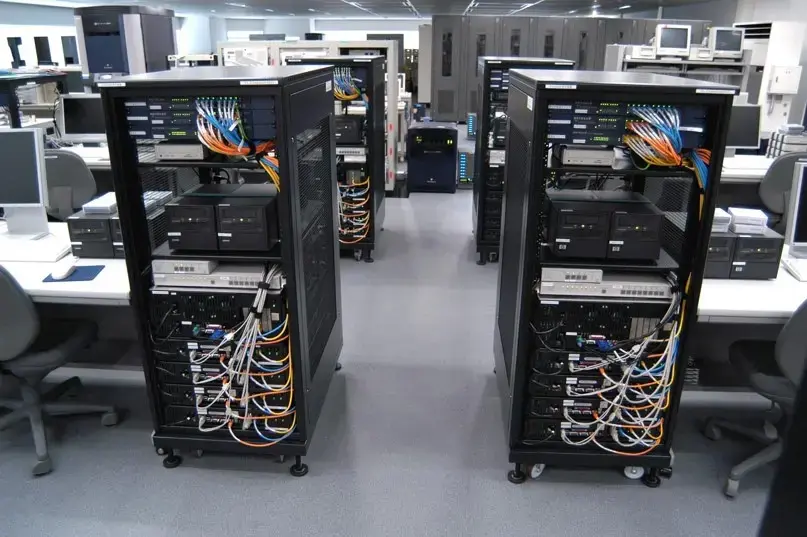
How to Choose the Right Server Infrastructure for Your Business
Servers are the backbone of modern businesses, acting as the “engine room” that powers applications, websites, databases, and communications. However, not all servers are created equal. Choosing the wrong infrastructure can lead to wasted money, reduced performance, and scalability challenges. Whether you are a small business, a growing enterprise, or a large organization, understanding which server setup fits your needs is essential for efficiency, security, and long-term success.
🔹 1. Small Businesses: Cost-Effective & Flexible Solutions
For startups and small businesses, budget and simplicity are key.
-
Cloud-Based Servers: Offer on-demand scalability without upfront hardware costs.
-
Shared Servers: Cost-effective but limited in performance.
-
Example: A small accounting firm can run its software and store client files securely on a single cloud server, minimizing IT overhead.
✅ Best Choice: Cloud or shared hosting for affordability and flexibility.
🔹 2. Growing Enterprises: Balancing Performance & Control
As businesses expand, they often require more control and customization.
-
Hybrid Infrastructure: Combines on-premise servers with cloud solutions for flexibility.
-
Virtual Private Servers (VPS): Offers dedicated resources at a lower cost than full physical servers.
-
Example: A mid-sized retail company might keep sensitive customer data on in-house servers while using the cloud for e-commerce scalability.
✅ Best Choice: Hybrid setups (in-house + cloud) for balance between cost, control, and performance.
🔹 3. Large Organizations: High-Performance & Compliance
Enterprises like banks, telecoms, and government institutions handle sensitive and large-scale workloads.
-
Dedicated Physical Servers (Bare Metal): Offer maximum performance and reliability.
-
Private Data Centers: Provide complete control, compliance, and security.
-
Example: A bank may require high-performance dedicated servers to ensure uptime, security, and compliance with financial regulations.
✅ Best Choice: Dedicated servers or private data centers for mission-critical operations.
🔹 4. Key Factors to Consider When Choosing Servers
-
Budget – Cloud is affordable upfront; dedicated servers require investment.
-
Performance Needs – AI, big data, and analytics need high-performance setups.
-
Scalability – Cloud servers allow quick scaling; physical servers need upgrades.
-
Security & Compliance – Some industries legally require private infrastructure.
-
Future Growth – Consider long-term expansion, not just immediate needs.
🔹 5. Final Thoughts
The right server infrastructure depends on your business size, workload, budget, and growth plans. Small businesses thrive on cloud solutions, growing enterprises benefit from hybrid setups, and large organizations rely on dedicated servers for reliability and compliance. By aligning your infrastructure with your goals, you ensure that your IT backbone supports—not hinders—your business growth.
👉 At hypercloud, we help businesses in Kenya and beyond design, deploy, and manage server infrastructures tailored to their unique needs.